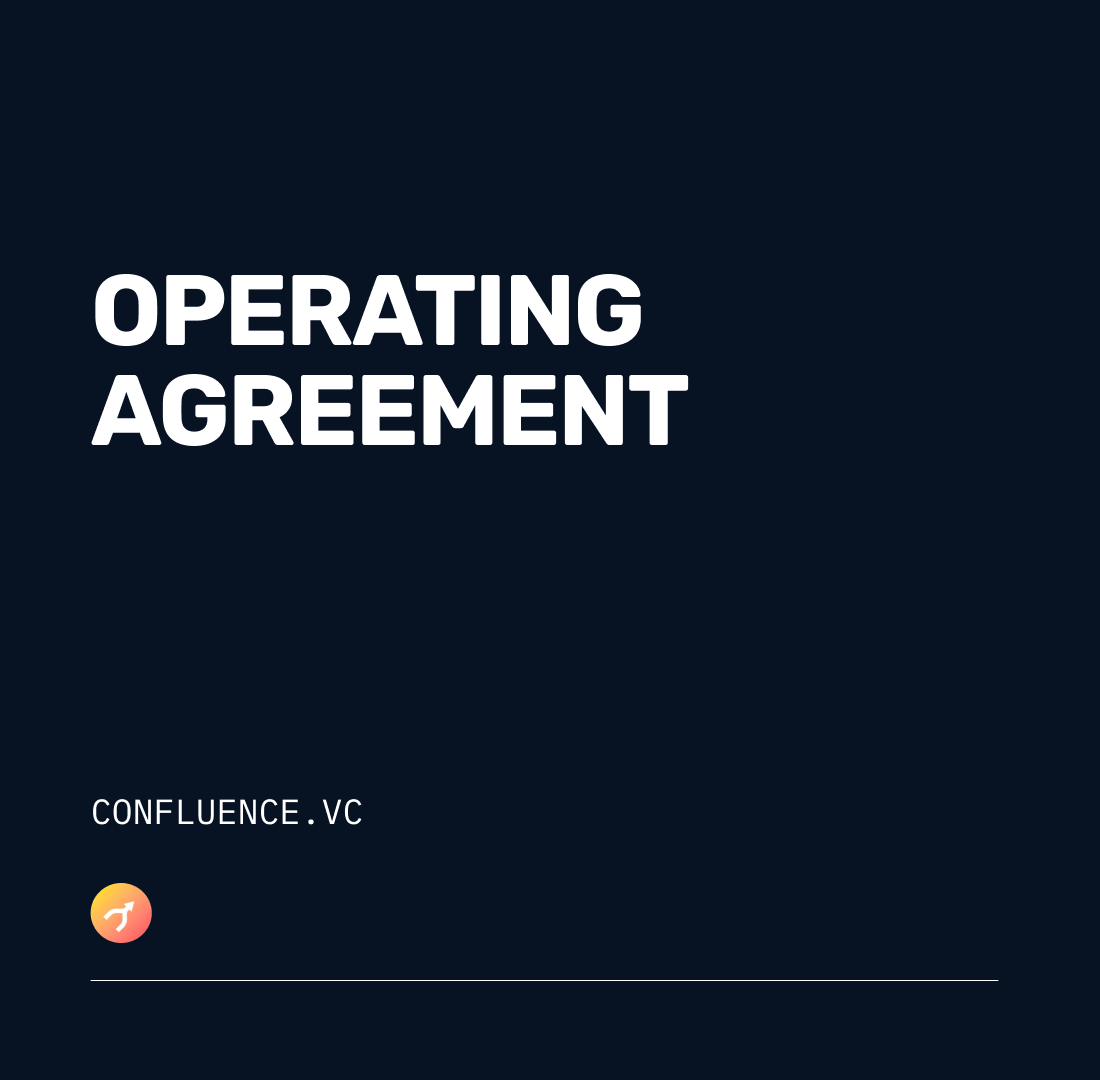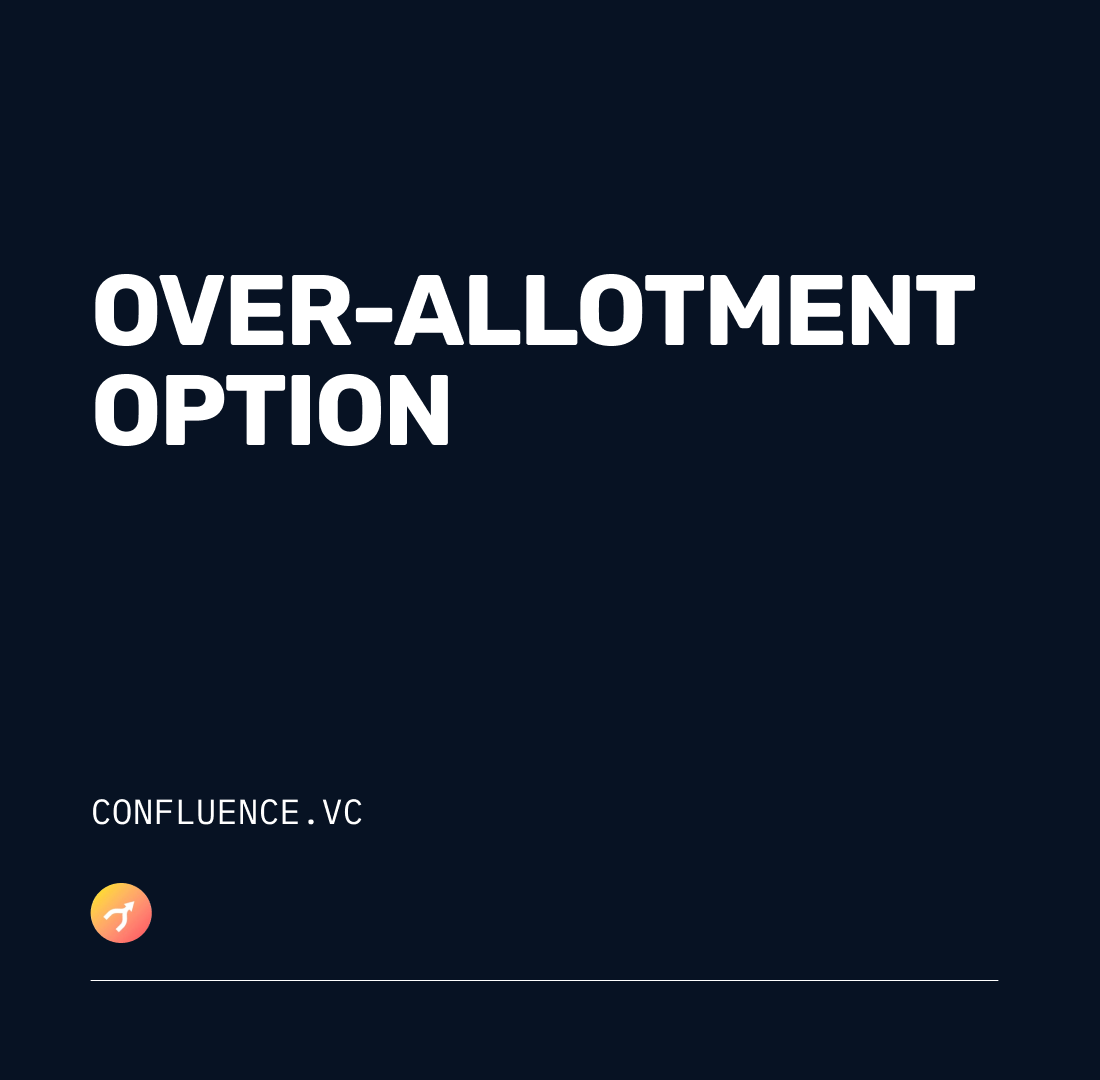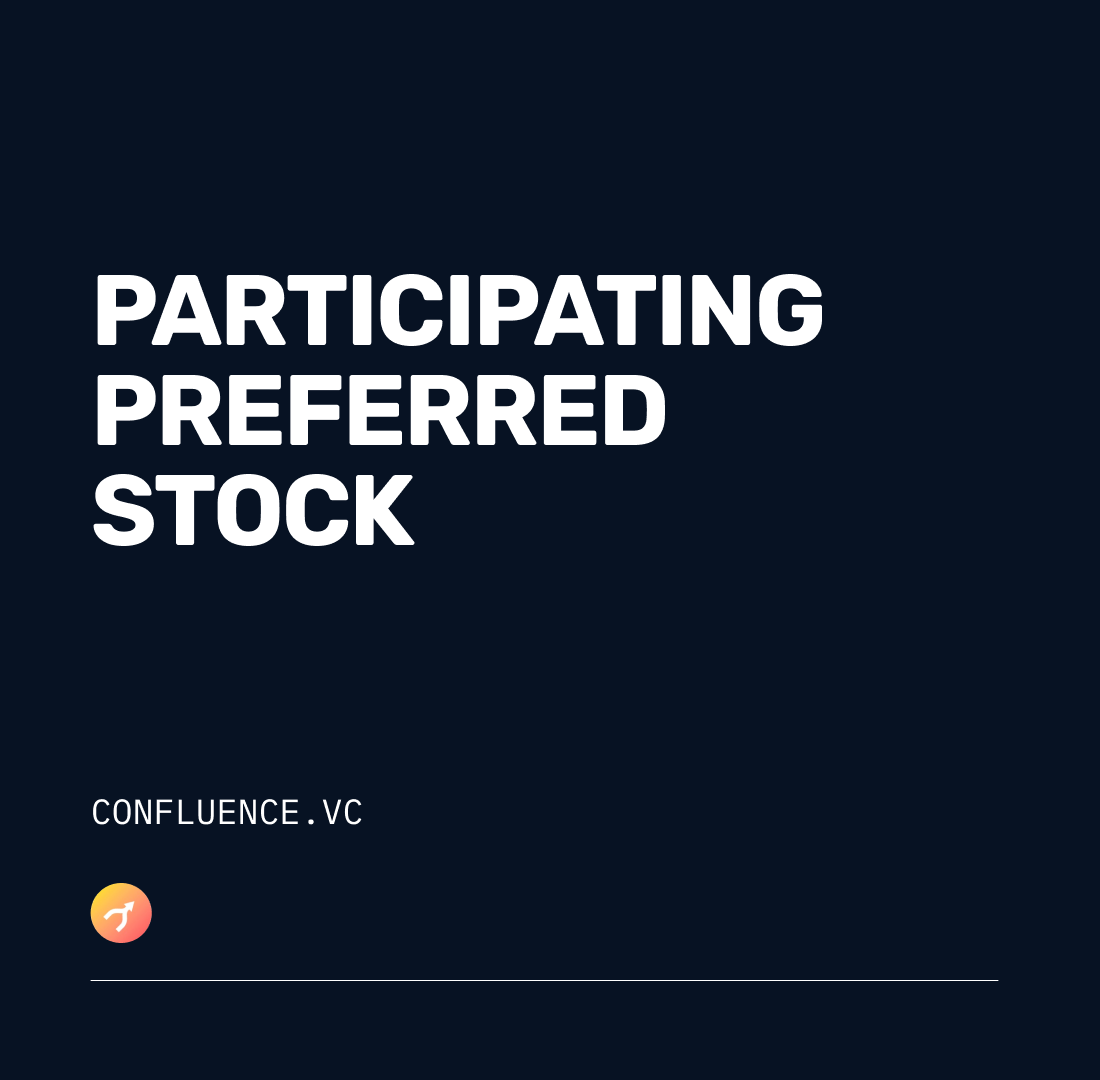What is an Accredited Investor?
A qualified investor is an individual or financial and business matters with the right to trade securities not registered with financial authorities. This privileged access is granted to them if they meet at least one requirement about their income, net worth or asset size, governance status, or professional experience.
The Securities and Exchange Commission uses the term accredited investor under Regulation in the United States to describe investors who are financially well-off and do not require the protection offered by regulatory disclosure filings. These type of investors are high-net-worth individuals (HNWIs), banks, insurance companies, and brokers and trusts.
Understanding Accredited Investors
Investors who are accredited have the legal authority to purchase securities not registered with regulators like the SEC. Companies often offer this group of accredited investors securities. This decision can help companies save money by allowing them not to register securities with the SEC.
This type of share offer can be called private placing. This type of share offering can pose a risk to investors that are accredited.
The regulatory authority’s role is to provide guidelines and verify that companies offer shares to accredited investors. 1 Regulatory authority are responsible for determining if an applicant has the financial resources and knowledge necessary to invest in unregistered securities.
Access to venture capital and hedge funds is also available to these investors.
Accredited Investors Requirements
Accredited investors’ regulations vary from one jurisdiction to another. Local market regulators or competent authorities usually define them. The definition of an accredited investor in the United States is set forth by the SEC in Rule 501, Regulation D.
An individual must have an annual income of at least $200,000 (or $300,000 if they are married) and the expectation that they will earn the same or higher income the following year to be considered an accredited investor. A person must have earned income over the thresholds in the past two years either as an individual or together with a spouse.
This type of investor is also a person who has a net value greater than $1 million. This can be done either as an individual or together with their spouse. The SEC also considers an accredited investor if the person is a general partner, executive officer, or company director issuing unregistered securities.
An entity with assets greater than $5 million is an accredited investor. Accredited investors can also be formed if the equity owners are accredited, investors. An organization cannot be created solely to buy specific securities.
Recent Changes to Accredited Investor Definition
Recent amendments to the U.S. Congress’ definition of accredited investor included registered brokers and state-registered investment advisers.
The definition of an accredited investor was amended by the U.S. Securities and Exchange Commission on August 26, 2020. The SEC released a press release stating that the amendments allowed investors to be accredited based on defined measures of professional knowledge and experience and existing income or net worth tests. The amendments expand the pool of entities that could qualify as accredited investors by allowing any entity that passes an investment test to be eligible
Example of an Accredited Investor
Let’s say that an individual had a $150,000 income for the past three years. They had a $1 million primary residence with a $200,000 mortgage, a car valued at $100,000 with an outstanding $50,000 loan, a $500,000 401(k), and a savings account of $450,000. The income test failed for this individual. However, the test on net wealth shows that they are accredited, investors. This does not include the primary residence’s value. Net worth is assets with fewer liabilities.
The net worth of this person is exactly $1,000,000 This is a calculation of assets other than their primary residence of $1,050,000 ($100,000. + $500,000 + 450,000), less a $50,000 car loan. They are eligible to become accredited investors if they meet the net worth requirement.
Who Is Eligible To Be an Accredited Investor?
An accredited investor is defined by the SEC as:
- An individual whose gross income exceeds $200,000 yearly or whose joint income with a spouse/partner exceeds $300,000. These years and reasonable expectations of the same income in the current fiscal year.
- A person whose net worth or joint net worth exceeds $1,000,000 with their spouse or partner.
Is There Another Way To Become an Accredited Investor?
A financial professional with a FINRA Series 7 or 62 can be designated as an accredited investor.
What Privileges Do Accredited Investors Get That Others Do Not?
Only accredited investors can participate in specific securities offerings under federal securities laws. These include participation in private placements, structured products, private equity, and shares in a private fund and private equity.
Why Do You Need To Be Accredited To Invest in Complex Financial Products?
Investors who are accredited will be able only to purchase these offerings. This is because they are financially capable of sustaining considerable losses or coping with volatility.
What If I Lie About Being an Accredited Investor?
It is illegal to lie about being an accredited investor. If you choose to lie and the company you invest into finds out, the company can undo your investment and repay the cash.
Bottom Line
A person or institution is an accredited investor if they have met specific SEC requirements that allow them to trade securities not available to the general public. The SEC created these regulations to protect investors, not limit them.
Accredited investors are becoming easier to obtain. Ask your financial advisor to determine your net worth within the required minimums. Also, take into consideration the licensing exams mentioned above. Be aware that there is increased risk and greater responsibility with higher potential rewards.
To learn more about other terms commonly used in venture capital, check out our complete VC Glossary.





